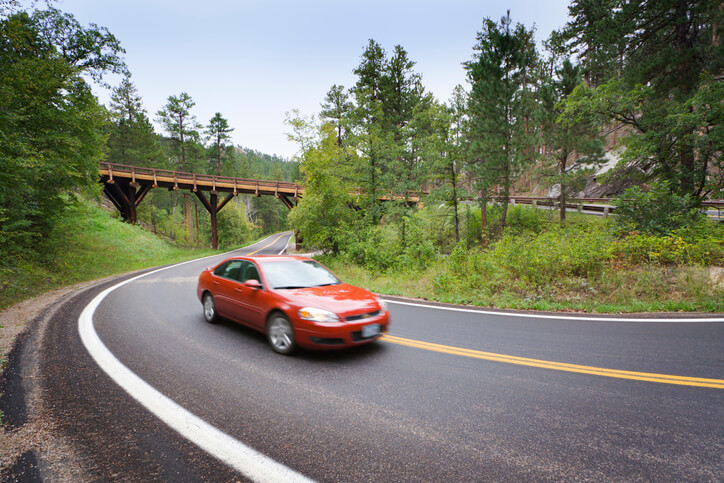If you’ve ever fantasized about your own personal ghost chauffeur driving you to and from work, we got huge news for you. You might be able to live out your delusion – or something close to it – because California is now allowing driverless cars to carry passengers. This means fully autonomous vehicles, without a driver. It’s like a ghost, but it’s a computer instead.
This new regulation is permitting the testing of autonomous vehicles carrying passengers in California. Not everyone is pleased about the news. Some speculate about the dangers looming behind the wheel… or in it. Others are celebrating, because ride sharing companies, who opt to test the autonomous vehicles, will have to offer free rides for passengers. There’s good reason for it, too. Before you ask, no – it’s not because the autonomous cars are students enrolled in the best online traffic school California can offer, and they need to get an A on their passenger driving test.
The Carrying Consumer Catch
The California Public Utilities Commission (CPUC) and Department of Motor Vehicles (DMV) approved programs for companies to begin test driving fully autonomous vehicles with passengers. This is a monumental step for the autonomous vehicle industry. However, this innovative opportunity still requires companies to jump through a few extra hoops.
The CPUC declared, “Transportation Charter-Party Carrier (TCP) permit-holders to use test autonomous vehicles to provide passenger service, as long as the TCP permit-holder also holds an ‘Autonomous Vehicle Tester Program Manufacturer’s Testing Permit’ issued by the DMV.” This is a fancy legal way of explaining that companies are required to hold a proper permit for testing their service.
However, if companies wish to use fully autonomous cars, as in no driver present in the vehicle, they must follow alternative requirements. The fully autonomous vehicle will have to be monitored remotely to ensure the safety of the passenger. Basically, people will be riding in a giant RC car.
Along with these provisions, the CPUC noted that companies cannot receive monetary compensation from passengers. All riders taking advantage of the testing service will receive free rides for being subjects in the program. Among a few companies pushing back on these provisions are Waymo, Zoox, and Lyft.
The CPUC is requiring companies to separate the pilot program from the finalized service. Moreover, the free services are to incentive passengers to provide “critical feedback to the Commission and the permit holders.” This is good news for people looking for a cheap ride around town. However, some riders are concerned. If they aren’t paying with their wallets, they might end up paying with their lives.
Last March, an autonomous Uber car struck and killed an Arizona pedestrian. This sparked concerns and speculations surrounding the ethics of self-driving vehicles. When there’s no driver behind the wheel, some people are concerned about the safety of the vehicle and their self. In light of recent events, Uber has restricted the testing of their autonomous car fleet in Arizona.
Another pressing concern is the use of data. California companies are wanting to keep the testing data private. Therefore, any information gathered, such as crash testing to passenger feedback, would be kept in the respective company’s secret data safe. In hindsight, they might keep the data in a piggy bank.
However, the CPUC fought to keep all collected information and data public. Companies see this as a threat as their private information will become public for competitors. The CPUC is making “collision reports, total vehicle miles traveled, miles traveled during passenger service, and the total number of rides accessible to the disability community, among other data” open to the domain.
Now that companies are applying for their permits, we could see autonomous ride testers as early as January of 2019.
[/framed_box]

 Live Chat
Live Chat










